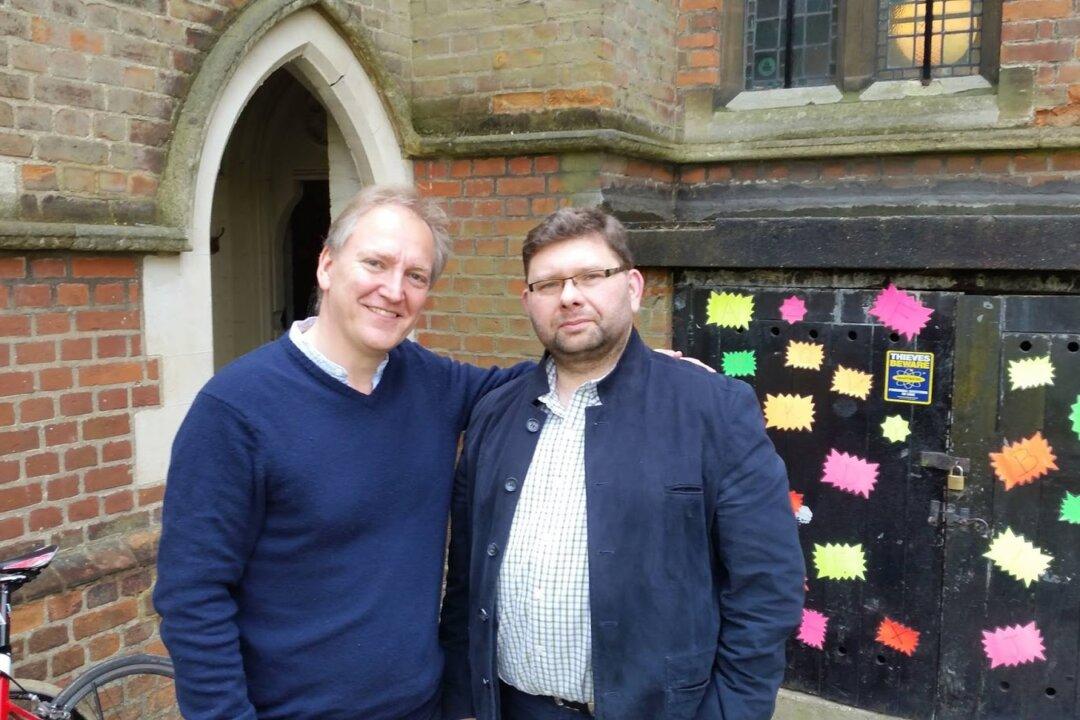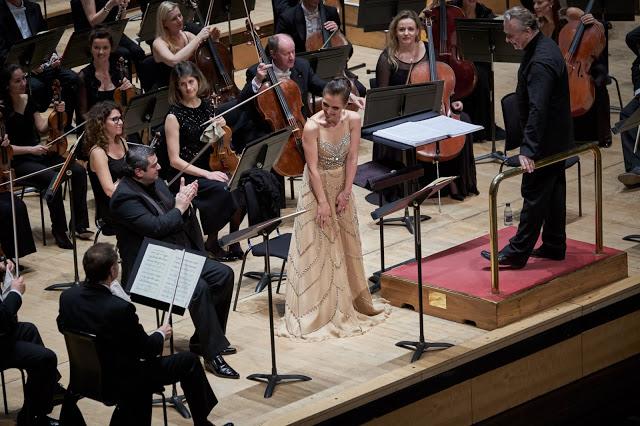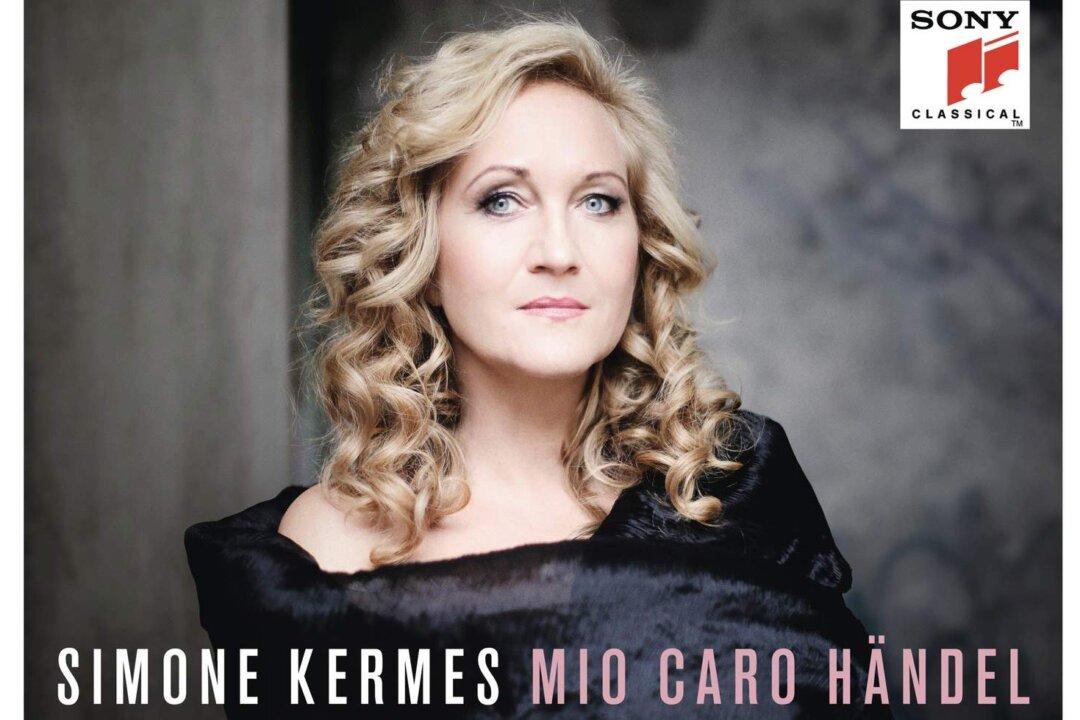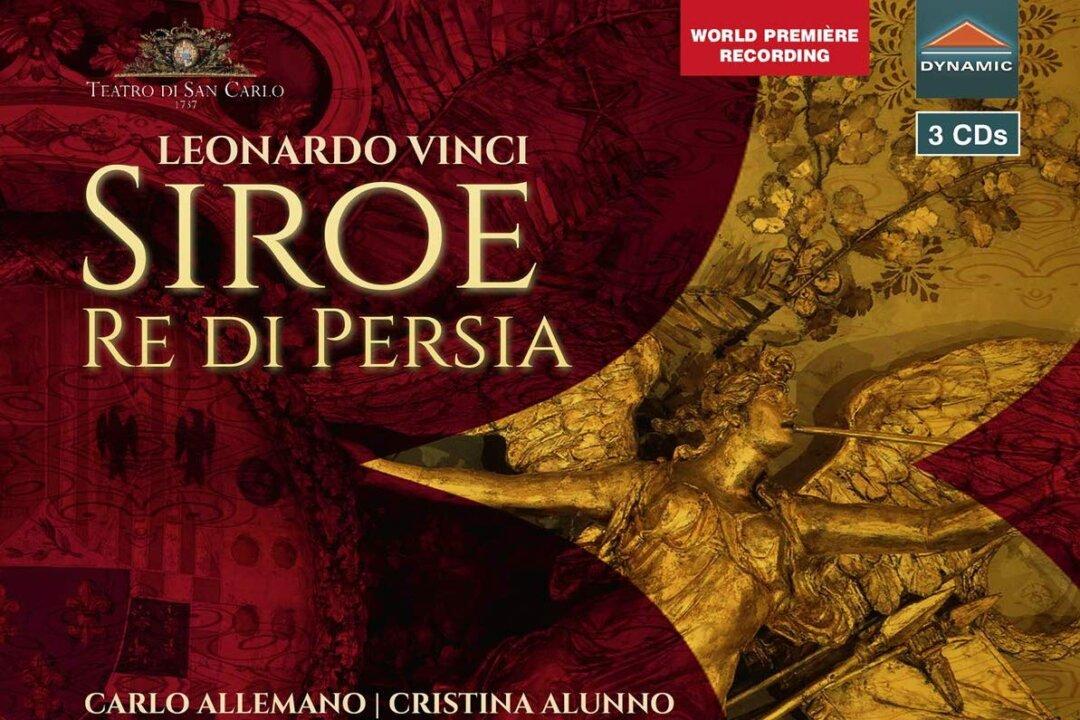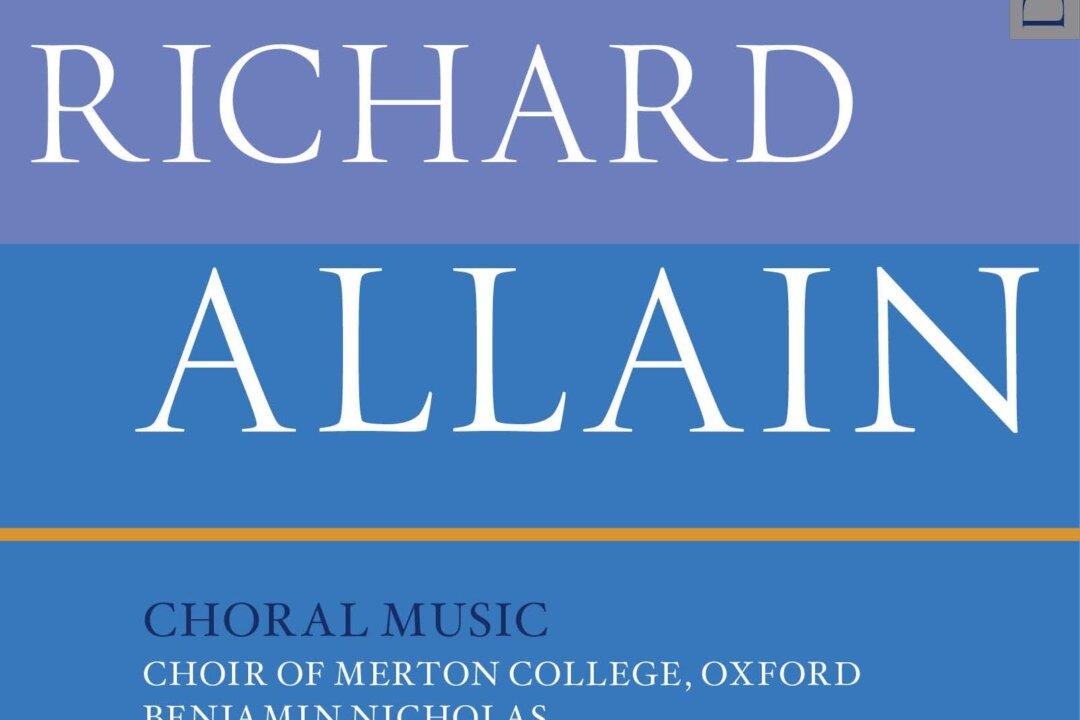The Polish composer Pawel Lukaszewski is 50 this year, and, in celebration, the Tenebrae choir and its director Nigel Short released a disc of Lukaszewski’s sacred choral music, “Daylight Declines,” on the Signum Classics label.
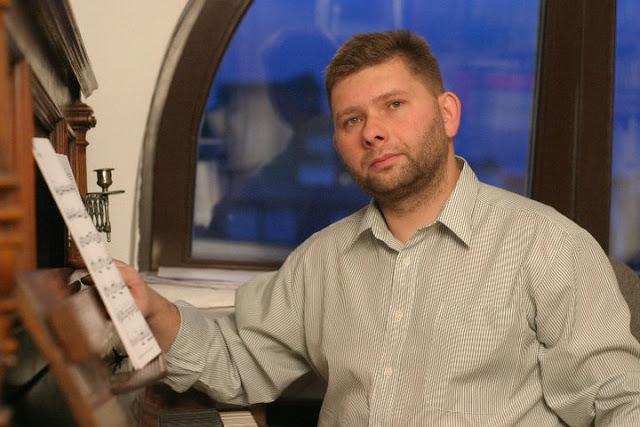
Composer Pawel Lukaszewski. Courtesy of Pawel Lukaszewski

